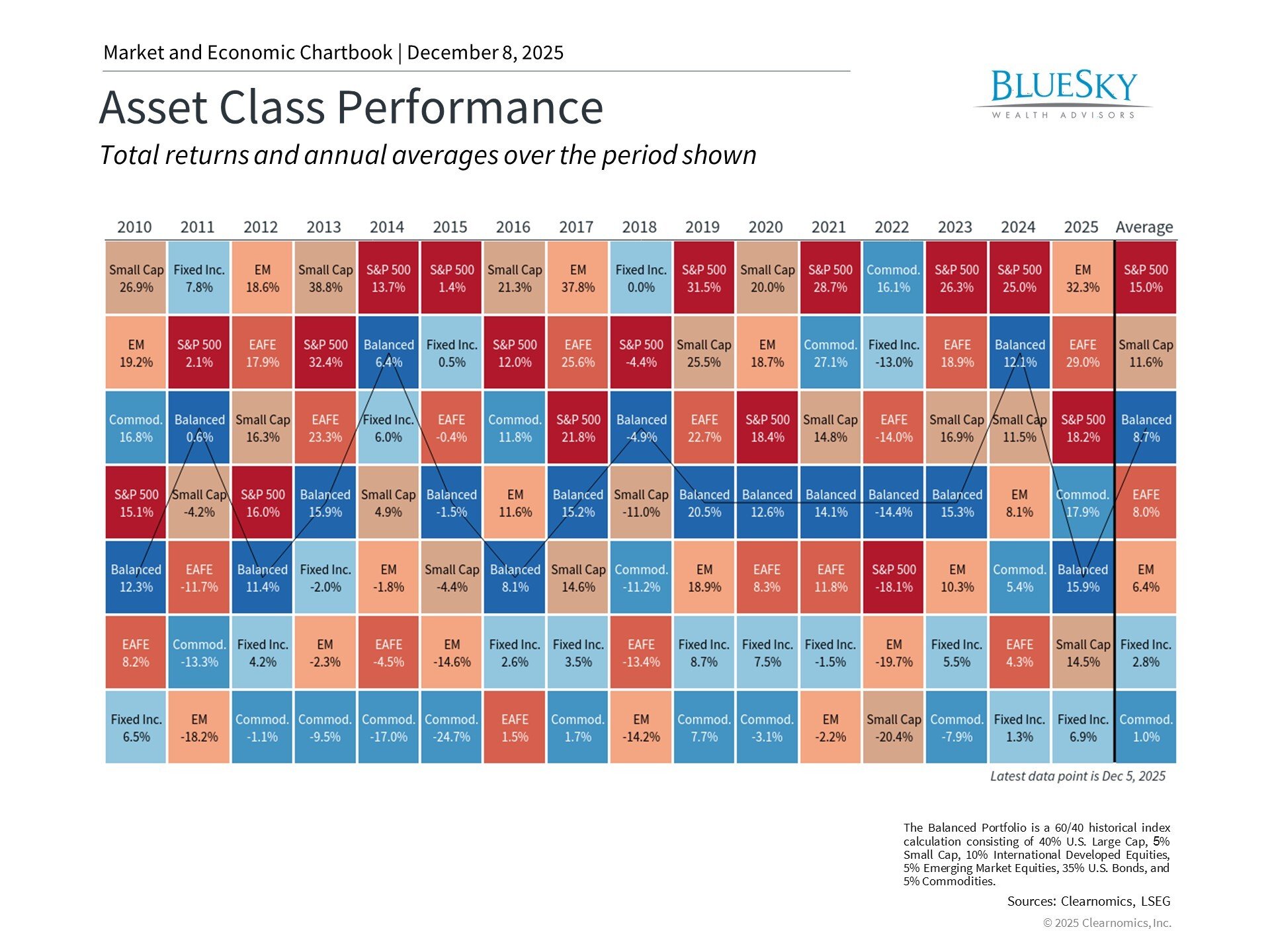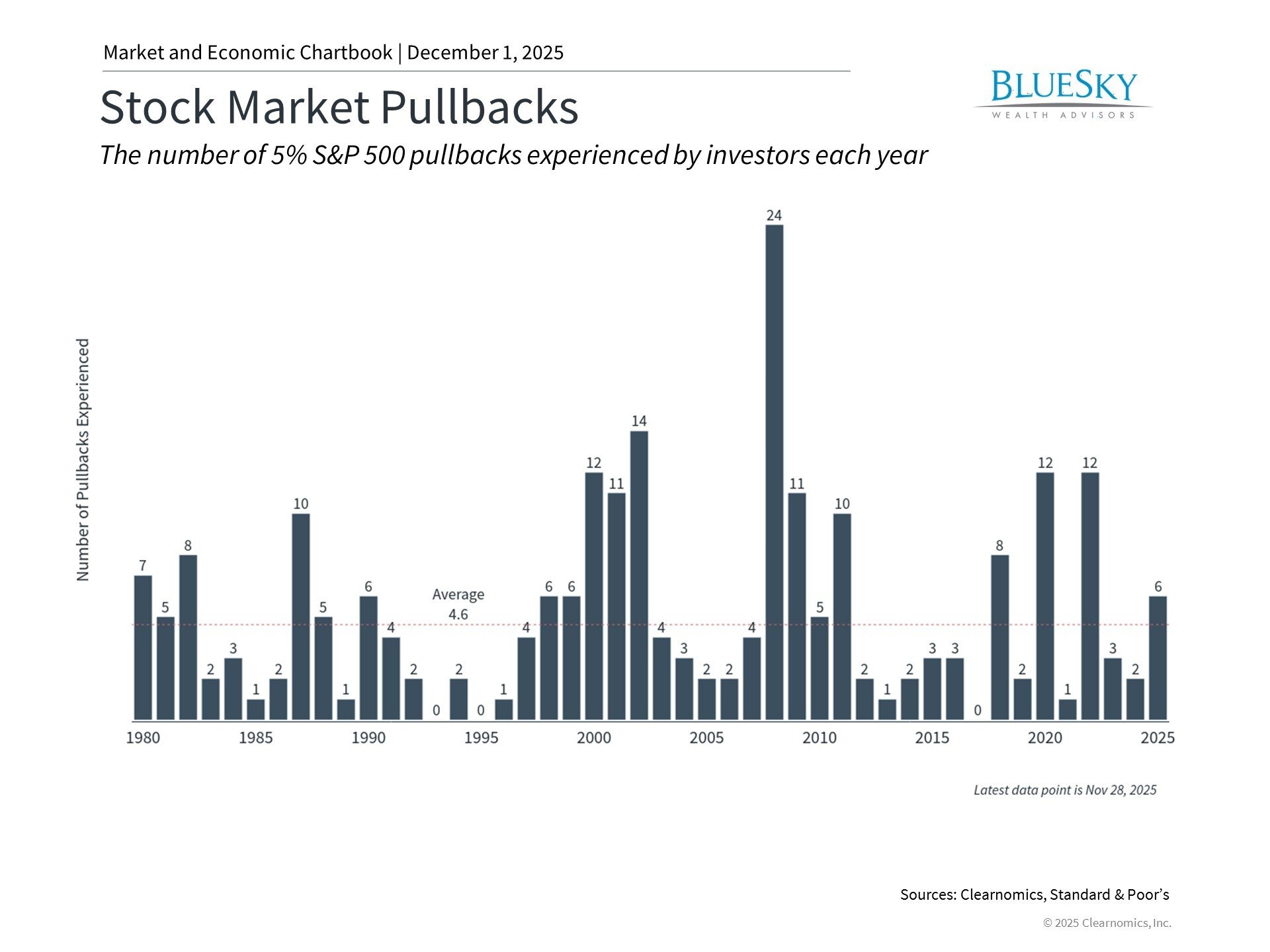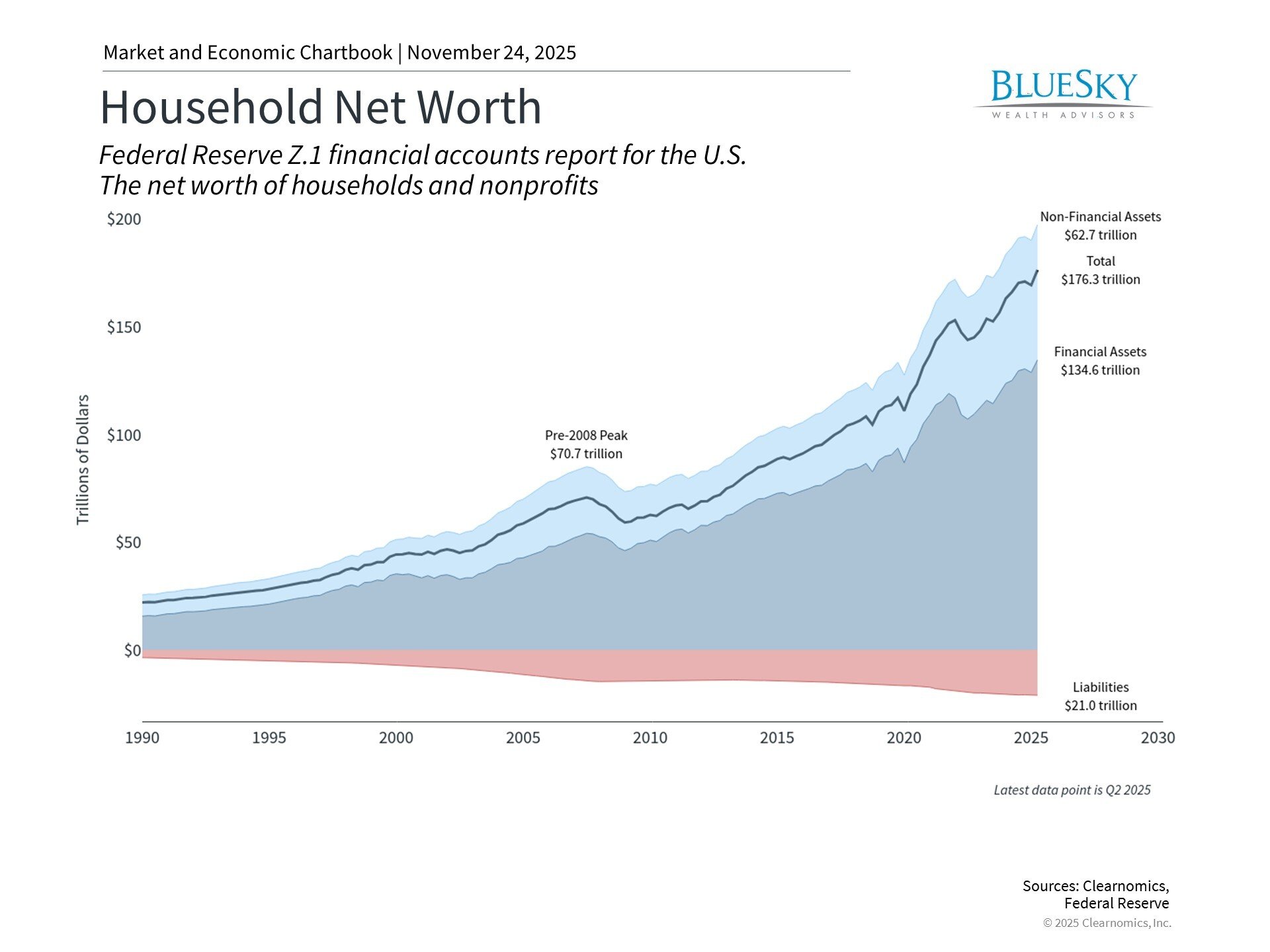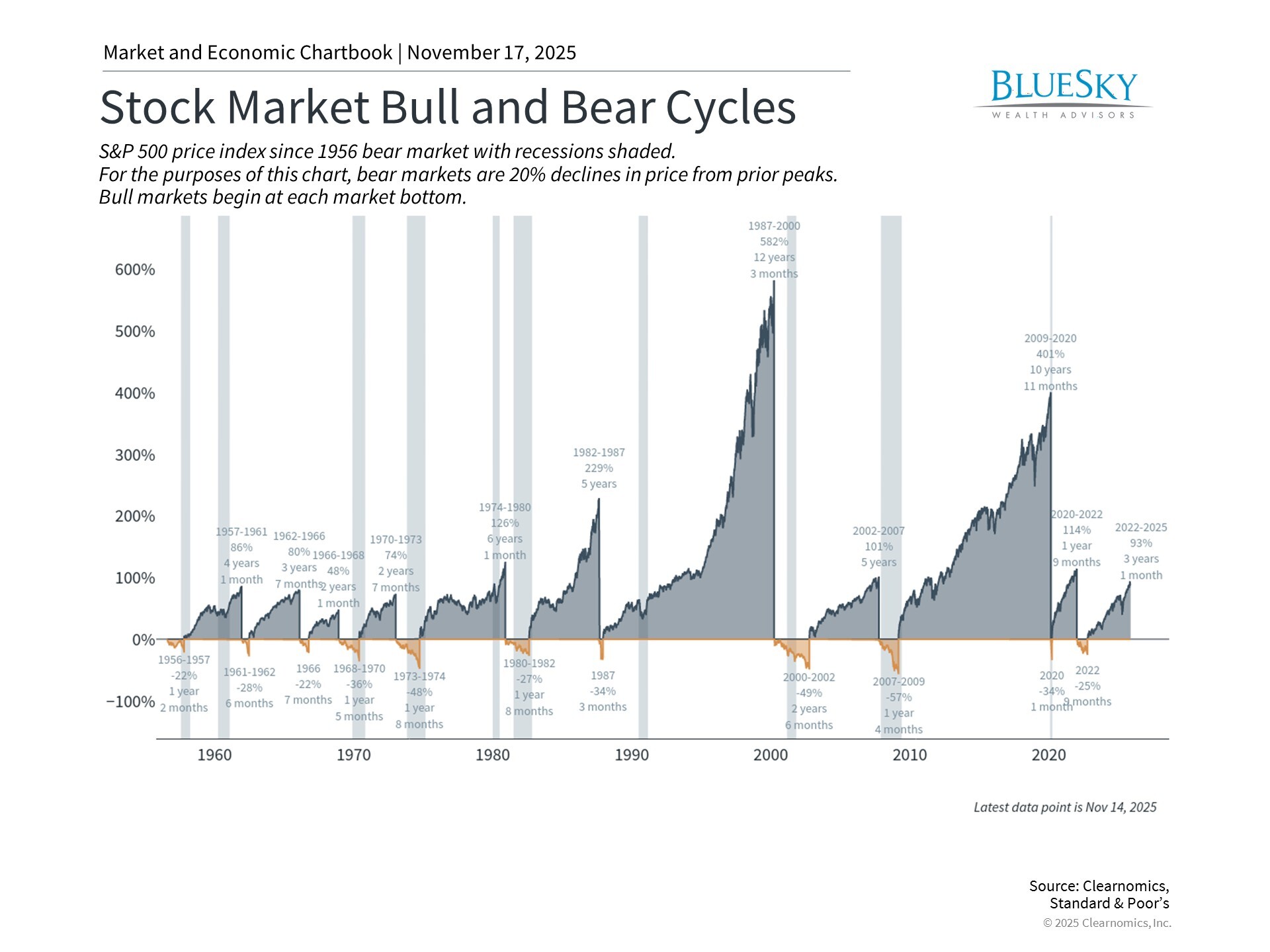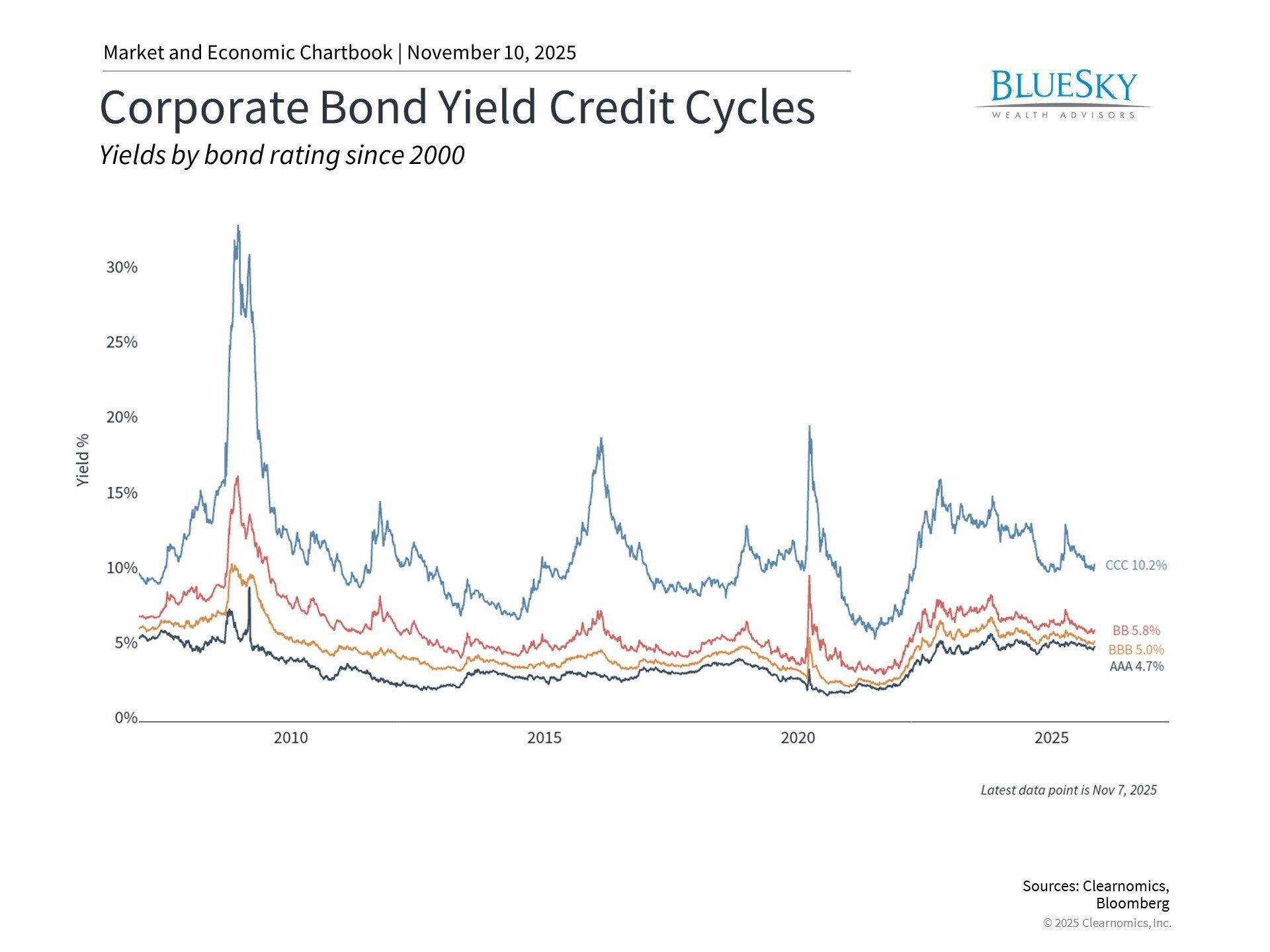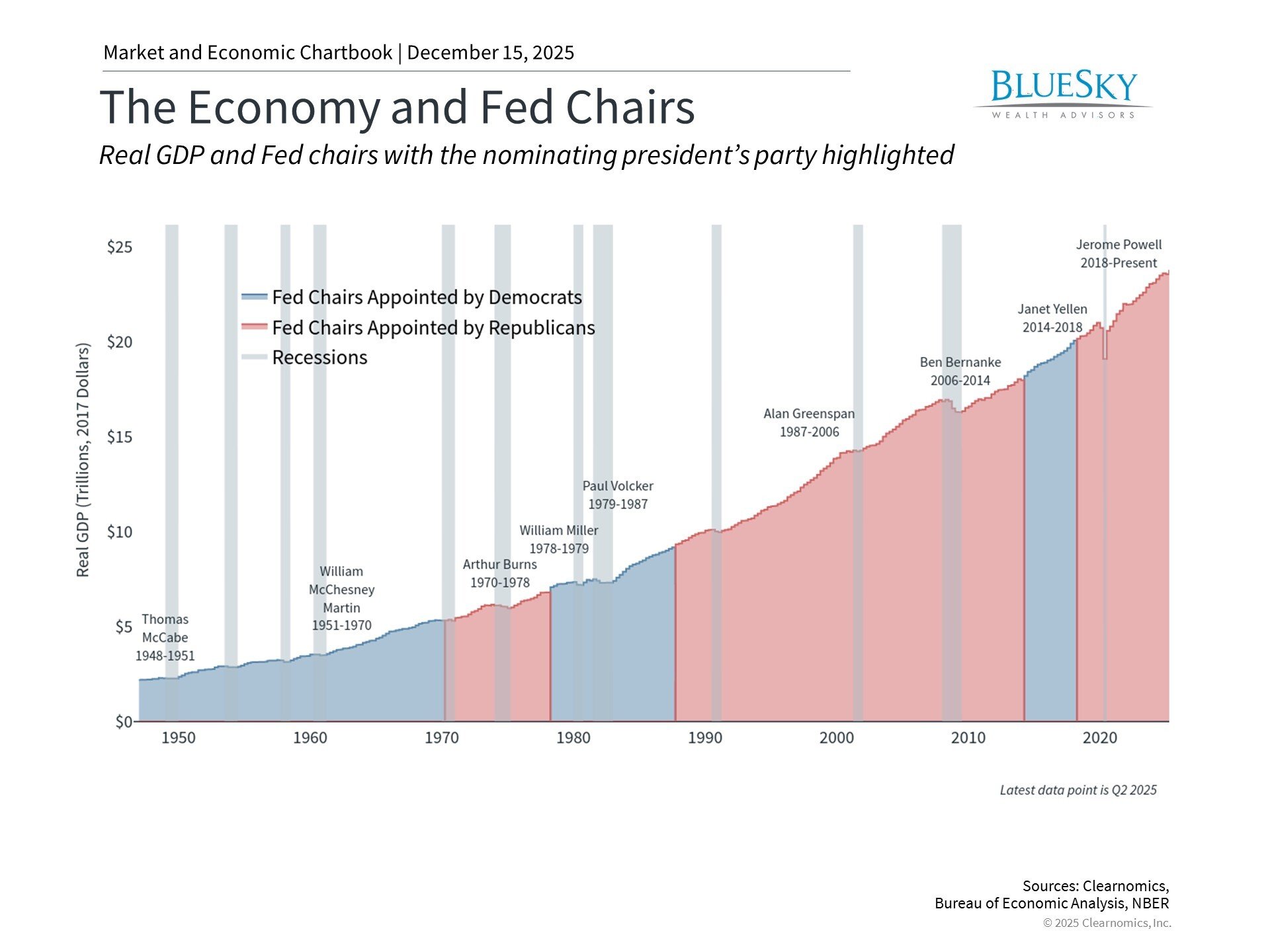
Does Sustainable Investing Lead to Lower Returns
Does Sustainable Investing Lead to Lower Returns

Sustainable investing, also known as socially responsible, has gained popularity recently as more individuals and institutions seek to align their investments with their values. When making investment decisions, this approach considers environmental, social, and governance (ESG) factors. While sustainable investing may seem appealing on a moral level, investors often wonder if it can also be financially beneficial.
After all, isn’t the goal of investing to maximize returns? This article will explore whether sustainable investing can lead to lower returns and provide insight into how this investment strategy can benefit our planet and our portfolios. Additionally, we will discuss the current state of sustainable investing and guide readers looking to incorporate ESG sustainable investing strategies into their investment approach. Let’s dive in!
Understanding Sustainable Investing Strategies

Sustainable investing has evolved significantly from its origins in the 1970s when investors initially began factoring in social and ethical considerations in their investment choices. What started as an ethically driven approach has now become a mainstream investment tactic that aims to harmonize financial objectives with social and environmental impacts. While sustainable investing refers to a broad spectrum of investment approaches, it is typically characterized by ESG integration, impact investing, and shareholder engagement strategies.
An individual investor interested in sustainable investing may choose to support companies prioritizing sustainable practices and positive environmental impact. This alignment of financial interests with personal values contributes to a more sustainable future. As investing sustainably gains traction, its impact on financial markets becomes more significant. According to a report by the Global Sustainable Investment Alliance (GSIA), sustainable investing assets have surged by 25% since 2016, now surpassing $30 trillion globally. This surge highlights the growing demand for investments that offer financial returns while promoting positive global change.
Factors That Can Influence Returns of Sustainable Investing

One of the main concerns for investors considering sustainable investing is whether it can lead to lower mutual funds than traditional investment strategies. Below are some factors that can influence the returns of sustainable investing:
Diversification
Diversification is crucial to any investment strategy and can significantly impact returns. By spreading your socially responsible investments across different asset classes, sectors, and geographic regions, you reduce the risk of relying on one particular company for your returns. In sustainable investing, diversification can also mean investing in companies operating in different sectors with varying socially responsible investing practices.
For example, instead of investing solely in renewable energy companies, you may also invest in sustainable fashion or healthcare companies. This diversification can help mitigate the risk of any one sector underperforming and potentially impact your overall returns positively. Additionally, investing in various registered investment companies supports different causes and promotes positive change in multiple industries.
Long-Term Perspective
Sustainable investing is often considered a long-term investment strategy, with many investors seeking to generate returns over an extended period while promoting corporate governance practices. This long-term perspective can lead to more stable and consistent returns than short-term, high-risk investments. While this may mean lower returns in the short term, it can potentially result in higher returns over time as sustainable companies continue to grow and thrive.
For example, you may invest in a renewable energy company that is still in its early stages but has the potential for significant growth and positive environmental impact. While this investment may not generate immediate returns, it can lead to higher long-term returns as the company expands and becomes more established.
Impact of ESG Factors
The impact of Environmental, Social, and Governance (ESG) factors on investment returns cannot be understated. ESG considerations offer a lens through which investors can assess potential risks and opportunities not typically captured by traditional financial analysis. Environmental factors, for example, can highlight risks related to climate change, resource depletion, and pollution that could impact a company’s operations and financial performance. Social factors, including labor practices, diversity, and product safety, can influence a company’s reputation and brand loyalty, directly affecting its bottom line. Governance factors, such as board diversity, executive pay, and business ethics, are crucial for ensuring accountability and reducing the risk of scandals or legal issues that could harm investor returns.
Incorporating ESG factors into investment decisions can lead to more informed choices that mitigate risks and capitalize on opportunities related to sustainable development. Additionally, a growing body of evidence suggests that companies with strong ESG profiles tend to outperform their less sustainable counterparts over the long term, potentially leading to higher returns for investors. By prioritizing ESG factors, investors are not only aligning their portfolios with their values but also positioning themselves to benefit from the shift towards a more sustainable and equitable global economy.
Changing Consumer Demand
The dynamics of consumer demand hold a powerful influence over the success and profitability of businesses, especially within the context of sustainable investing. The modern consumer is increasingly aware of the environmental and social implications of their purchases, driving a significant shift towards goods and services that are considered ethical, sustainable, and socially responsible. This trend is not limited to a specific sector but spans industries, from renewable energy sources to organic foods and sustainable fashion.
Companies anticipating and adapting to changing consumer preferences by embedding sustainability into their business models will likely gain a competitive edge, attract a loyal customer base, and secure long-term profitability. For investors, this shift represents a critical opportunity to invest in companies that align with their values and are positioned to capitalize on the growing market for sustainable goods and services. By recognizing and responding to changing consumer demand, investors can identify companies likely to experience growth and success in a sustainability-focused future.
Government Policies and Incentives
Government policies and incentives can significantly influence the performance of sustainable investments. For instance, government initiatives promoting renewable energy may provide tax breaks or subsidies that make investing in these companies more attractive to investors. Similarly, environmental conservation or social responsibility regulations can create opportunities for companies with strong sustainability practices to thrive while holding less sustainable companies accountable for their actions.
Investors can stay informed about evolving government policies and incentives, particularly sustainability-related ones, to identify potential opportunities or risks within their portfolios. By aligning with government priorities and regulations, investors can also help drive positive change toward a more sustainable economy while potentially improving their investment returns. Furthermore, by engaging with policymakers and advocating for sustainable practices, investors can actively contribute to shaping the future of sustainable investing.
How is Sustainable Investing important in a Changing World?

As we continue to face ongoing environmental and social challenges, sustainable investing offers a tangible way for individuals to drive positive change while achieving financial goals. By incorporating sustainability into investment decisions, investors can do the following:
Support Companies With Strong ESG profiles and Practices
ESG investing focuses on selecting companies with robust environmental, social, and corporate governance frameworks. This strategy aligns investments with personal values and bolsters firms dedicated to building a sustainable future. For instance, sustainable investors might support a company that embraces sustainable sourcing and reduces its carbon footprint. By doing so, you endorse a sustainable business model and contribute to global efforts in combating climate change and conserving natural resources.
Additionally, this approach enhances corporate accountability as investors increasingly consider ESG performance. Consequently, companies with strong ESG standings are motivated to uphold these standards and progress toward sustainability, fostering a positive chain reaction. Likewise, ESG investors may shun companies linked to environmental or social controversies. By steering clear of these firms, investors convey a resounding message on the significance of sustainability and hold businesses responsible for their conduct. Hence, sustainable investing is pivotal in championing firms with robust ESG frameworks, catalyzing progress towards a sustainable world.
Drive Innovation and Transformation
Sustainable investing also acts as a catalyst for innovation and transformation across industries. By prioritizing companies pioneering green technologies, clean energy solutions, and sustainable business practices, investors effectively channel capital towards initiatives crucial for transitioning to a low-carbon economy. This influx of investment supports the research and development of innovative products and services and accelerates their adoption and scalability.
For instance, funding for renewable energy sources like solar and wind power has led to technological advancements, making them more efficient and cost-effective. Additionally, green investing encourages companies across various sectors to rethink their business models and operational processes in ways that reduce environmental impact and enhance social well-being. This shift towards sustainability-driven innovation underscores investors’ significant role in shaping our planet’s and society’s future.
Promote Social Impact and Inclusive Growth
Sustainable investing focuses on environmental sustainability and prioritizes the social implications of investment decisions. Investors play a critical role in promoting economic growth and equitable development by supporting companies with strong social responsibility practices. For instance, investments in microfinance institutions enable access to financial services for marginalized communities, creating pathways to economic empowerment and reducing poverty.
Similarly, investments in companies with diverse and inclusive workplaces promote social cohesion and equal opportunities for all individuals. Sustainable funds can also encourage companies to prioritize human rights, fair labor practices, and community engagement. By incorporating these factors into investment decisions, investors can create a more just and equitable society while supporting financially successful businesses.
Mitigate Risk and Enhance Long-term Returns
Encompassing ESG factors into investment analysis can help identify and mitigate potential risks. For instance, a company’s poor environmental practices may lead to legal or reputational repercussions that negatively impact its financial performance in the long run. By avoiding companies with weak sustainability frameworks, investors can potentially reduce their exposure to these risks and improve their portfolio’s resilience over time.
Ethical investing can also lead to better long-term returns. Studies have shown that companies with firm ESG profiles tend to outperform their peers in the long run, suggesting that sustainable practices may contribute positively to financial performance. Integrating sustainability into investment decisions can benefit investors financially while promoting a more sustainable economy.
Influence Government Policies and Regulations
Governments are crucial in shaping policies and regulations that facilitate or hinder sustainable practices. By engaging with policymakers and advocating for sustainable investing, investors can influence government decisions toward creating a more conducive environment for sustainability-driven businesses.
This collaboration between the private sector and governments can lead to more effective regulations and incentives that promote sustainable development. For example, investor pressure has significantly driven governments to set ambitious emissions reduction targets and implement renewable energy incentives.
Support the UN Sustainable Development Goals
Supporting the United Nations Sustainable Development Goals (SDGs) is critical to sustainable investing. These goals provide a comprehensive blueprint for achieving a better and more sustainable future for all, addressing global challenges such as poverty, inequality, climate change, environmental degradation, peace, and justice. Through targeted investments in companies and projects that align with these goals, investors have the power to contribute significantly to their advancement.
For instance, investing in companies that promote sustainable energy sources, reduce waste production, or support gender equality can directly contribute to SDG 7 (Affordable and Clean Energy), SDG 12 (Responsible Consumption and Production), and SDG 5 (Gender Equality). By selecting investments that align with specific goals, investors can amplify the impact of their capital towards creating a more sustainable world.
Challenges Faced By Sustainable Investing

While the benefits of sustainable investing are evident, it also presents challenges that investors must navigate. Here are some challenges that investors may encounter when incorporating sustainable practices into their investment decisions:
- Lack of standardization and transparency in ESG data: No universal framework for measuring and reporting ESG data makes comparing companies’ sustainability performance challenging.
- Difficulty in identifying material ESG factors: Identifying the most relevant ESG factors that could impact a company’s financial performance is complex, as these factors can vary significantly across industries and companies.
- Limited availability of sustainable investment options: Despite the growing interest in sustainable investing, there is still a limited selection of investment products that meet investors’ financial objectives while aligning with their sustainability goals.
- A trade-off between financial returns and sustainable impact: Some investors may perceive a trade-off between financial returns and sustainable impact, prioritizing one.
- Lack of awareness and education: Many investors may need to be aware of sustainable investing or its potential benefits, limiting its widespread adoption.
- Short-term focus in investment decisions: The nature of financial markets often encourages short-term thinking among investors, making it challenging to incorporate long-term sustainability considerations into investment decisions.
- Greenwashing: Some companies may exaggerate or misrepresent their sustainability practices to attract investors, making it difficult for investors to distinguish genuinely sustainable companies from those engaging in “greenwashing.”
- Reliance on self-reported data: Companies typically self-report their ESG data, creating a potential conflict of interest and reliability concerns.
Conclusion
Sustainable investing stands at a pivotal juncture, merging the pursuit of financial gain with the imperative for social and environmental stewardship. While it comes with its share of challenges, such as the need for standardized ESG metrics and the balance between immediate returns and long-term impacts, the benefits clearly outline a compelling case for its adoption. Through sustainable investing, individuals and institutions have a powerful tool to drive meaningful change.
By prioritizing investments in entities that align with sustainable practices, investors advocate for a healthier planet and a more equitable society and position themselves to capitalize on the financial merits of forward-thinking companies leading the charge toward a sustainable future. The evolution of sustainable investing will likely continue to shape the investment landscape, making it an indispensable strategy for those looking to make an impact while securing their financial future.

